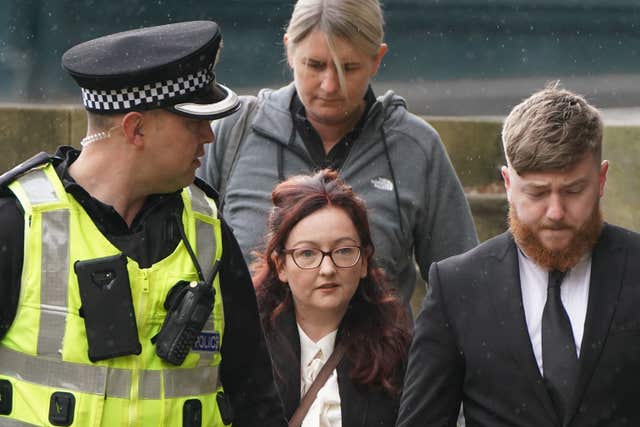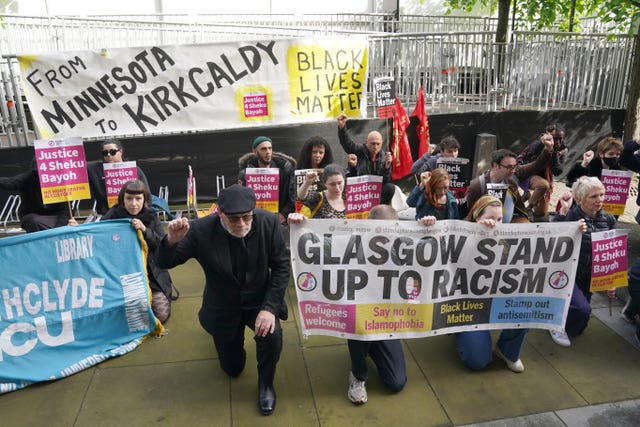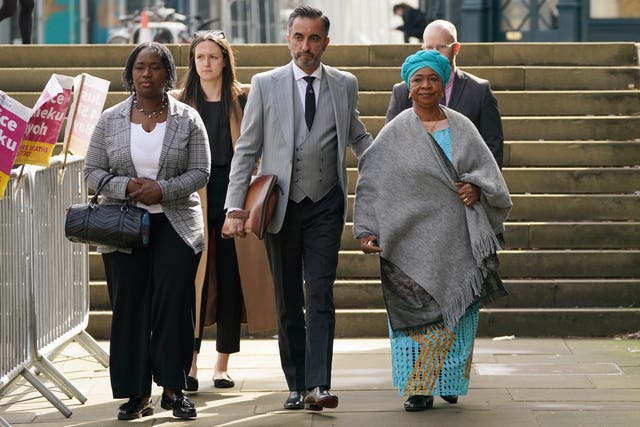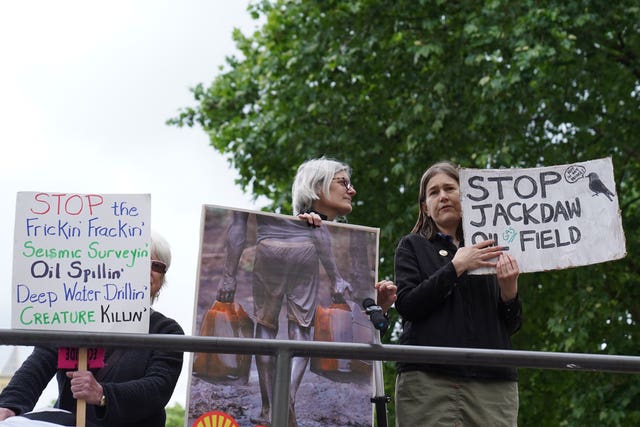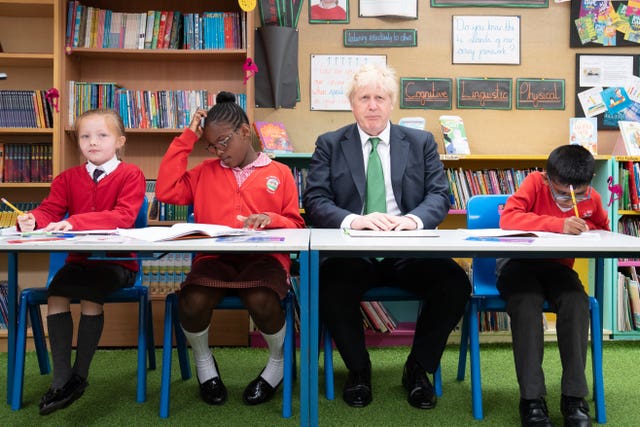On Monday 23 May, Matthew O’Neill was sentenced to 5 years in prison for his part in Bristol’s 21 March 2021 Kill the Bill uprising, after pleading guilty to riot and arson.
The public gallery was packed with supporters during his sentencing.
He was the second person to be sent to prison this month for the events of 21 March. 18 people have now been imprisoned since last year, for a total of over 63 years between them.
Police clashed with protesters against the Police, Crime, Sentencing and Courts Bill (policing bill) outside Bristol’s Bridewell Police station. The night ended with several police vehicles on fire and demonstrators breaching police lines to break through the windows of the station. The police brutally attacked the demonstrators, hitting them over the heads with batons and the edges of their riot shields.
To read an account of the events of 21 March click here, and click here to read The Canary‘s prior coverage of the trials.
Several juries have failed to convict for riot
In the last few weeks, the state has been having an increasingly hard time persuading juries to convict defendants of riot as harrowing evidence of police violence comes out. Earlier this month, Kadeem Yarde was found not guilty of all charges, while juries in the cases of Indigo Bond and Joe Paxton were unable to decide on a verdict, and both will have to face a retrial next year.
Yet another jury was unable to come to a decision about whether to convict a third defendant (whom we don’t have permission to name) last week, and instead found him guilty of the lesser – although still very serious – charge of violent disorder. He was sentenced to 2.5 years in prison.
The Crown Prosecution Service (CPS) has responded to these failures to convict for riot by moving the goalposts and trying to prosecute some defendants for lesser offences. On Monday 23 May, Fleur Moody – who had originally been charged with riot – pled guilty to the lesser offence of affray. Fleur’s case is the first time the CPS haven’t doggedly tried to pursue the charge of riot for kill the bill protestors.
The Bristol ‘riot’ trials are set to continue until at least this Autumn, with retrials currently being scheduled for January 2023.
Unlike the mainstream press, we won’t be lazily copying and pasting police press releases about those being sent down, or publishing details of their personal lives. We are not intimidated or ashamed to say that the people facing the wrath of the courts are our comrades. We are proud of them. The fight that they were a part of was started long before the events of March 21 2021, and it is still going on now. That fight is not just about the policing bill – the fight we are talking about is much broader than that. It is the ever present struggle of the people against power.
At Bristol Crown Court this month, one of the defendants reminded us of just that.
“This whole thing’s deeper than any of us”
I was in the courtroom during Matthew O’Neil’s sentencing, sitting in the public gallery. The feeling of anger and rage around me was palpable.
The balance of power in the courtroom was clearly weighted towards the prosecutor and the judge, in their ridiculous wigs and gowns. The Crown Prosecution Service (CPS) were backed up by several police officers, while the defendant was locked in a glass box.
The truest things in any situation are often said by those with the least power, and that day was no different. As the judge listed the accusations against Matthew – of using force against officers and destroying police property on 21 March – he said:
This whole thing’s deeper than any of us
And isn’t that the truest thing of all about these trials? Those charged with the ‘riot’ are forced to explain their actions to the court in terms of a narrow legal definition of self-defence. That is to say that at any given moment when they used any force against the police, they did so to fend off an attack, or because they were in fear of an attack by the police.
The CPS have argued consistently that the defendants were not consistently under attack by the police, and at some points they were taking the offensive.
But – and let’s talk frankly – why shouldn’t we take the offensive when the police use force against our communities every day?
The police take the offensive against our people all the time. They do that when they push ahead with punitive measures against some groups, but not against others. They do it when they use violence against working class people and communities of colour, while protecting those with money and power. And, when they donned their riot gear outside Bridewell they were ready to use that violence again.
Is it really relevant who started it on 21 March, when the police started it long ago? They have been attacking us all our lives.
“We didn’t start the fire, it was always burning”
At demonstrations in support of the ‘riot’ defendants, supporters have displayed a police riot shield painted with the words “We didn’t start the fire, it was always burning”.
That phrase encapsulates how wrong it is to see the events of 21 March as anything other than an uprising against the violence and oppression of the police.
Just days before Bristol’s Kill the Bill demonstration, police used violence against women who had gathered to mourn Sarah Everard, who’d been brutally murdered by a serving police officer.
1816 people have been killed in police custody – or following police contact – since 1990, and a disproportionate number of them were people of colour. According to Deborah Coles of Inquest:
The disproportionality in the use of force against Black people adds to the irrefutable evidence of structural racism embedded in policing practices.
In the days after the Bristol ‘riot’, we wrote:
The siege of Bridewell was an act of resistance against the police violence which is felt daily by communities in the UK. Against the violence routinely faced by protesters. Against police harassment and police killings.
In January, 24-year-old Mohamud Hassan died after being detained at Cardiff Bay police station, not so far away from Bridewell. Five weeks later, 29-year-old Mouayed Bashir also died in police custody, this time in Newport. Police violence is felt disproportionately by People of Colour in the UK. Non-white people are twice as likely to be shot dead by the police, and a Person of Colour is more than twice as likely to be killed in police custody.
In the moments before the Bristol Kill the Bill protesters marched on Bridewell, one of the demonstrators made a speech over a megaphone, saying:
There’s one reason why we’re here today, and that’s the encroachment of the police state into our lives…
People then called on the crowd to march on Bridewell police station.
An uprising in defence of GRT peoples’ existence
One of the motivations for the 21 March uprising at Bridewell was the proposed new police powers to arrest people living in vehicles and confiscate their homes.
As of this month, the repressive powers proposed in the policing bill have been agreed upon by both the House of Commons and the House of Lords, and the bill has become an Act. This will herald a new wave of oppression and violence against Gypsy, Roma and Traveller (GRT) people.
A great many of those arrested after the 21 March Bristol ‘riot’ are from a Traveller background. Many of the defendants have said in evidence that they joined the protest because of the Bill’s proposed attack on GRT people, and a disproportionate amount of the defendants live in vehicles themselves, or have close friends who do.
There is a long history of violent oppression of GRT people in the UK. For hundreds of years, simply being a Gypsy was an offence punishable by hanging in the UK.
Fast forward to the 21st century, and oppressive attitudes towards GRT people are still endemic among the police. A 2018 Traveller Movement study reported that one officer had heard phrases to the effect of ‘the only good Gypsy is a dead Gypsy’ being used by a colleague, and that this kind of extremely defamatory language is not uncommon. A 2021 report found that GRT people were “over-policed”, and that GRT women made up 6% of the prison population, but only 0.1% of the general population.
In 1985, a police pogrom against a convoy of Travellers who were on their way to Stonehenge resulted in 24 people being hospitalised and 537 Travellers being arrested. That event – dubbed ‘The Battle of the Beanfield’ – occurred during a mass movement against the Thatcher government’s Criminal Justice and Public Order Act (CJA), an act which brought in new police anti-trespass powers and created a new offence of ‘aggravated trespass’. ‘Aggravated trespass’ allows the police to arrest trespassers if they are disrupting ‘lawful business’. It can be used to repress GRT people and demonstrators. The 2022 PCSC Act builds on the repressive powers of the CJA, protecting the ‘rights’ of the wealthy and propertied by explicitly making it illegal to trespass on land with an intent to reside.
It’s not surprising, then, that people with lived experience of the oppressive policing of travelling people chose to rise up against a Bill which represented a direct attack on their existence. Narrow legalistic definitions of self-defence don’t make much sense when viewed in that light.
Matt fought back “bravely” “for himself and others around him”
The Canary spoke to one of Matt’s supporters, who was there at the trial. He said:
Matt is from a traveller background and is well used to being attacked by the system in so many ways. He’s had a life of it so far. In his case there was talk of how he “went overboard” in his response to the police violence. What he actually did was react against their brutality and bravely fight back for himself and others around him.
With the very real threat posed to the travelling way of life, marginalised communities and the right to protest by this government and its authoritarian new laws, the anger felt by Matt and so many others is entirely legitimate.
He said that – in the face of the state attack that the PCSC Act represents – we need more rage, not less:
We really need more people to respond and resist with more rage, not less. Now is not the time for well mannered, ineffective protests or staying passive. We need to make their new laws unworkable.
The state should expect more trouble like that seen when people in Bristol stood together and fought back on 21st March 2021. We will never accept more powers for an already paramilitarised, violent and racist police. They get impunity and praise in their courts while we get punishment and prison. We see in all the current trials just how stacked their so called justice is against us.
There’s an old saying, “When freedom is outlawed, only outlaws will be free”. Alongside that we could remember “If you’re not angry, you’re not paying attention.”
Guilty pleas “should not detract from the police violence defendants face”
The Network for Police Harassment (NETPOL) has released a statement about the case of Fleur Moody. It says:
On Monday 23rd May, Fleur Moody pleaded guilty to affray at Bristol Crown Court.
But – NETPOL maintains – Fleur’s guilty plea “should not detract from the police violence she faced in Bristol that night.”
Fleur, like many others, wanted to act in solidarity with GRT people:
Fleur, a vulnerable young woman, suffering from PTSD and complex mental health problems, attended the protest on 21st March in solidarity with Gypsy, Roma and Traveller communities whose way of life is criminalised by the Police, Crime, Sentencing and Courts Act.
The statement goes on to describe the appalling police violence that Fleur suffered at the hands of the police. According to NETPOL:
Any actions that Fleur took that night pale in comparison with the violence she, and countless others, faced on the streets of Bristol.
Fleur was knocked unconscious by police before being sprayed with CS gas. Harrowing footage shows Fleur screaming in pain, her hair covered in blood, after a fellow protester carried her into the police station for treatment. Police officers are seen standing by, doing nothing, as she loses consciousness again on the floor of the police station.
NETPOL commented on the injustice of Fleur spending a year with a riot charge hanging over her head:
Like other defendants, Fleur was charged with riot. She has spent over a year facing the prospect of up to ten years in prison for the crime of being beaten up by the police.
Just a week before trial, the Crown Prosecution Service, presumably shaken by recent acquittals and hung juries, dropped the charge to the less serious offence of affray.
A statement from Bristol Anti-Repression Campaign said:
Guilty pleas should never be seen as an admission of guilt but rather a lack of belief that a fair trial could truly be had. The threat of a longer sentence [if defendants refuse to plead guilty] essentially blackmails people into accepting them
We need to remember whose side we’re on
The courts and the mainstream media want to depoliticise Bristol’s Kill the Bill uprising. When people are forced to defend themselves in court their deeply political actions are shoe-horned into a dangerously liberal framework. In the language of the courtroom, narrow legalistic definitions of things like self defence begin to take the place of what is right and what is wrong.
We need to reject their framework and reclaim the narrative. One way to do that is to support all of the defendants, whether they plead guilty, or are found guilty or innocent.
We need to see the 21 March for what it was: a battle fought by ordinary people against authoritarian state power. It is a battle that is still raging all around us.
We need to organise ourselves to continue that fight, and to defend the rebels of Bridewell. You can donate to their crowdfunder here.
Featured image via Shoal Collective / NETPOL (with permission)
By Tom Anderson
This post was originally published on The Canary.
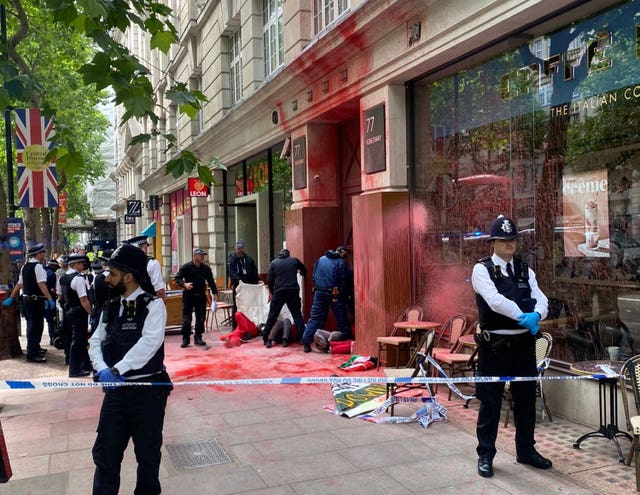



 (@GaryLineker)
(@GaryLineker) 

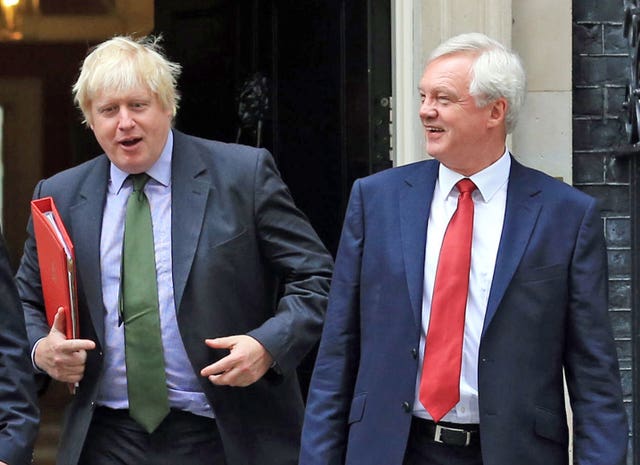






 (@buddy_hell)
(@buddy_hell) 
